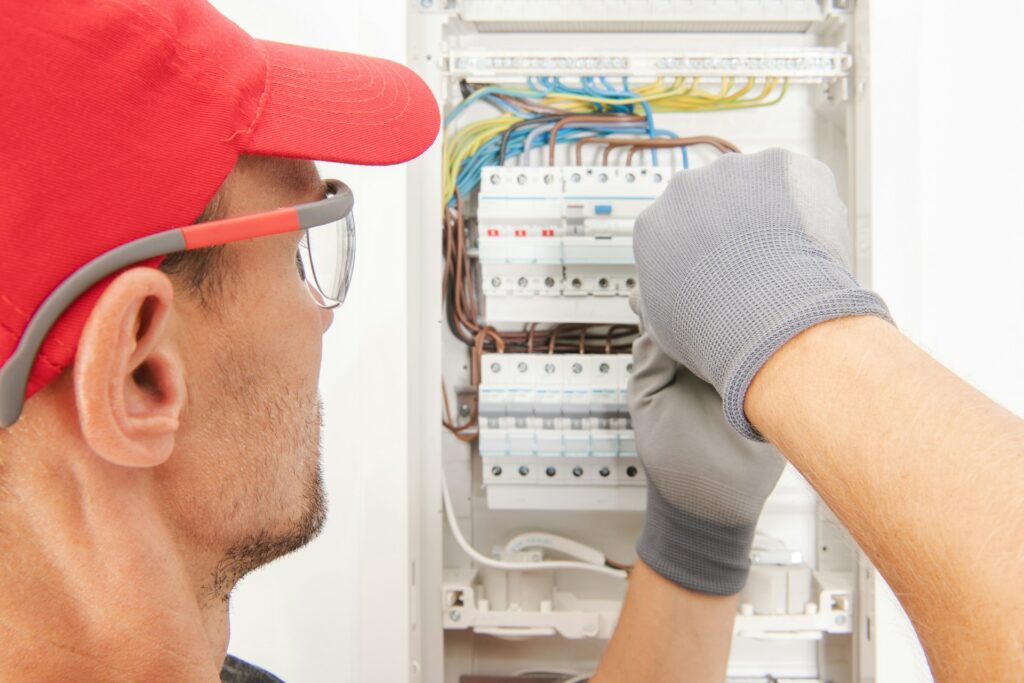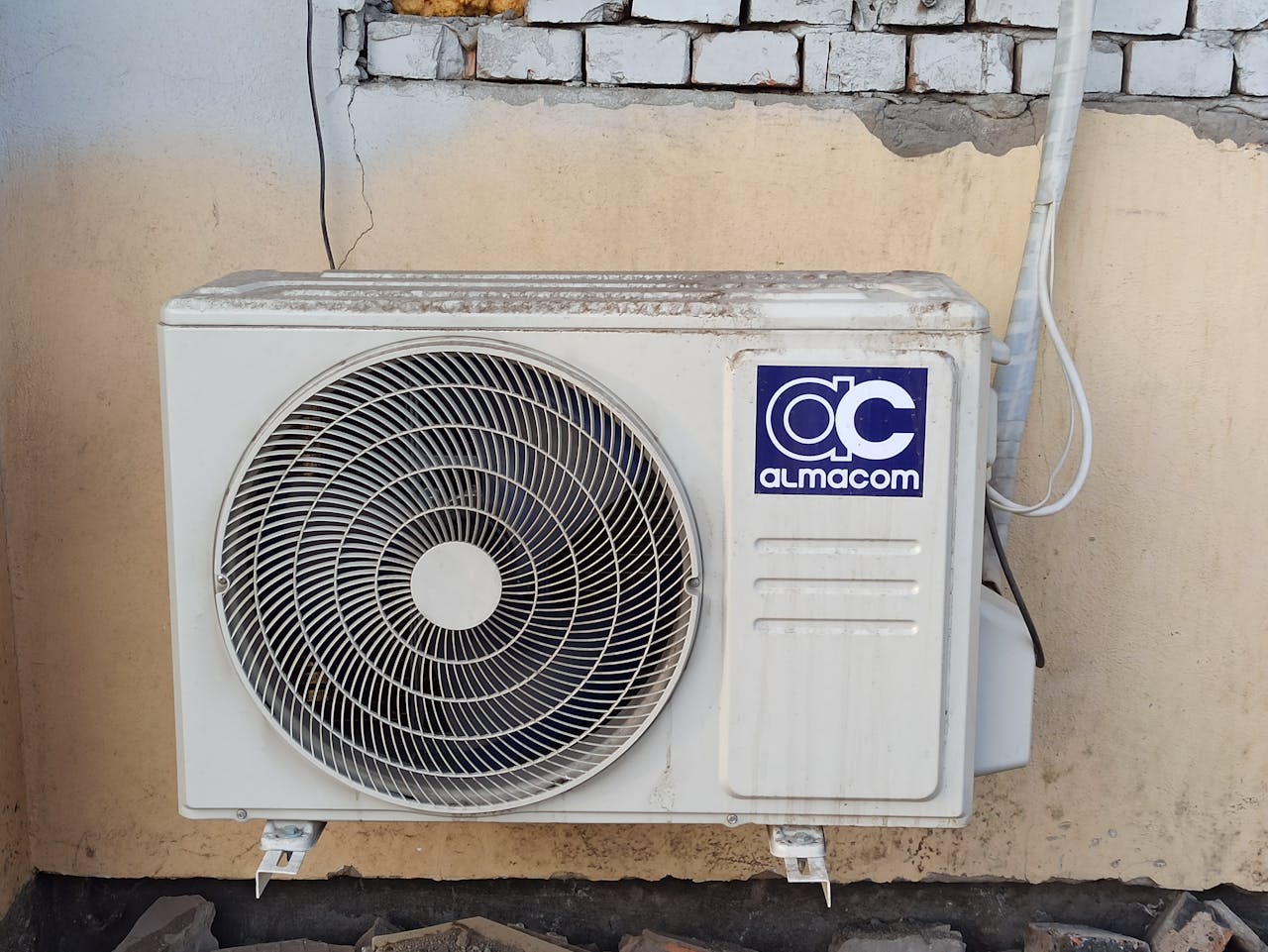A well-maintained electrical system plays a vital role in ensuring the safety and security of your Denver home. Two crucial components of your home’s electrical system are fuses and circuit breakers, which act as protective safeguards against electrical surges, overloads, and short circuits. Both fuses and breakers have the same goal: to prevent damage to your home’s wiring and appliances and, most importantly, avoid electrical fires that can put your family’s safety at risk.
In this informative article, we will delve into the world of fuses and circuit breakers, comparing their mechanical features, advantages, and potential drawbacks. We’ll also discuss their roles in protecting your Denver home’s electrical system and offer guidance on how to maintain and repair them effectively. Trust the experts at Doctor Fix-It Plumbing, Heating, Cooling & Electric, the go-to source for expert plumbing, HVAC, and electrical solutions in Denver, CO, to help you make well-informed decisions and keep your house’s electrical safeguards in optimal working condition.
Join us as we navigate the ins and outs of fuses and breakers, shedding light on the importance of understanding and maintaining these essential components to ensure a safe and efficient electrical system for your Denver home.
Fuses: A Traditional Approach to Electrical Safety
Fuses are an older method of electrical protection, utilizing a small piece of metal wire or filament encased within a glass tube or ceramic housing. When a current overload occurs (due to a short circuit or other electrical anomalies), the metal wire in the fuse melts, creating an open circuit and effectively stopping the electrical flow. This action prevents damage to the electrical wiring, appliances, and prevents potential fires.
While fuses may seem outdated in comparison to modern circuit breakers, they still offer some advantages. One of the primary benefits is their affordability, both regarding initial cost and simplicity of replacement. Additionally, fuses react relatively quickly to overloads, providing a rapid safeguard against electrical issues.
However, their main drawback is that they can only be used once. When a fuse blows, a homeowner must locate and replace the damaged fuse with a new one of the appropriate amperage rating to restore the power supply. This can be inconvenient, especially for homes with older electrical panels that may not have a straightforward labeling system for fuse identification.
Circuit Breakers: A Modern Solution
Circuit breakers have become the standard in electrical safety since their introduction in the mid-20th century. They function similarly to fuses by interrupting the electrical flow in the event of an overload or short circuit. However, instead of utilizing a consumable metal wire like fuses, circuit breakers rely on a mechanical switch that trips when excessive current is detected.
Circuit breakers offer several advantages over fuses. First, they are reusable – when a breaker trips, homeowners only need to reset the switch after addressing the cause of the overload. This eliminates the need for constantly replacing blown fuses and ensures long-lasting protection. Plus, circuit breakers are typically found in modern, well-labeled electrical panels, making it easy to identify the source of an issue.
But circuit breakers aren’t perfect – their major drawback is the initial cost. They are more expensive than fuses, both in terms of the breaker itself and installation. However, most homeowners find that the convenience and long-term benefits of breakers outweigh the initial investment.
Maintenance and Troubleshooting Tips for Fuses and Breakers
Keeping your home’s fuses and breakers in optimal condition is essential to maintaining the overall safety and efficiency of your electrical system. Regardless of the type of protection your home employs, regular visual inspections and occasional testing can help identify potential issues before they become significant problems.
For fuse-based systems, inspect the panel for signs of wear, corrosion, or damaged components. Check each fuse for continuity with a multimeter or continuity tester, ensuring they have not blown. Replace any damaged fuses with the appropriate amperage-rated fuse (a lower-rated fuse could blow too quickly, while a higher-rated fuse may not offer adequate protection).
Circuit breaker maintenance begins with visual inspections of breakers and panels for scorch marks, corrosion, and damaged components. Test breakers periodically according to the manufacturer’s instructions, which typically involve turning the breaker off and then back on—contact a professional if the breaker fails to reset.
Additionally, being proactive in addressing potential causes of electrical overloads and short circuits can help prevent future issues, whether you use fuses or circuit breakers. This includes examining your home’s electrical appliances, outlets, wiring, and loads to verify they are functioning safely and efficiently, with no visible signs of wear or damage.
Upgrading Your Home’s Electrical Safety: Making the Switch
Many homeowners choose to upgrade their home’s electrical safety measures by converting from fuses to circuit breakers. This process involves replacing your home’s existing fuse panel with a circuit breaker panel, rewiring the panel to accommodate breaker inputs, and installing the required number of breakers.
It’s essential to hire a knowledgeable and experienced electrician to handle this process. Our electricians can ensure the panel is installed correctly and safely. While upgrading may require a financial investment, the resulting convenience and peace of mind provided by a modern, efficient electrical system often outweigh the initial cost.
Overall, considering the advantages and disadvantages of each electrical safeguard, it’s crucial to make an informed decision that best meets your home’s specific needs and your personal preferences.
Choosing the Right Expert for Your Home’s Electrical Needs
Understanding the key differences between fuses and circuit breakers is vital for maintaining your home’s safety and efficiency. Both options have their benefits and drawbacks, but it’s crucial to weigh these factors before making an informed decision about which electrical safeguard best meets your needs. For Denver homeowners, ensuring your property has an appropriate and properly maintained electrical safety system is critical in protecting your most valuable assets.
Are you considering upgrading or maintaining your home’s electrical safeguards in Denver? Trust the experts at Doctor Fix-It Plumbing, Heating, Cooling & Electric to provide professional guidance and services you can rely on for all your plumbing, HVAC, and electrical needs in Denver, CO. Contact us today to schedule an appointment, and let us help you enhance your home’s safety and efficiency through expert electrical solutions.

















